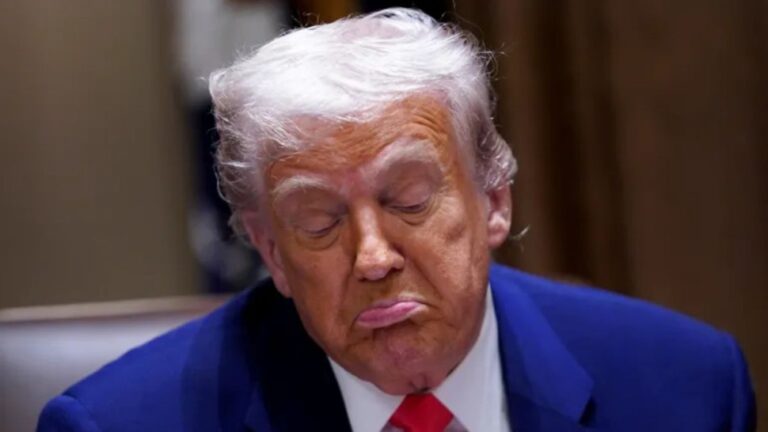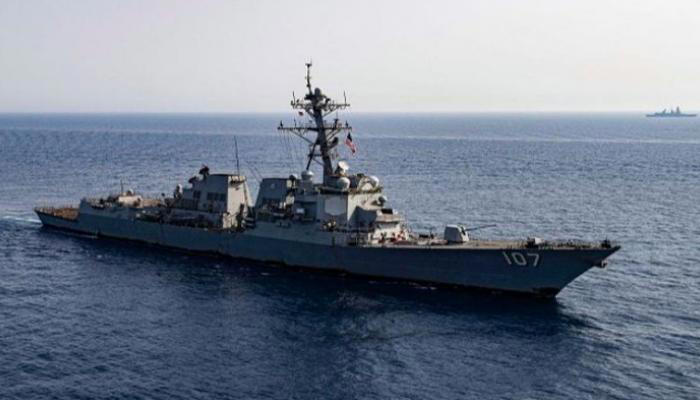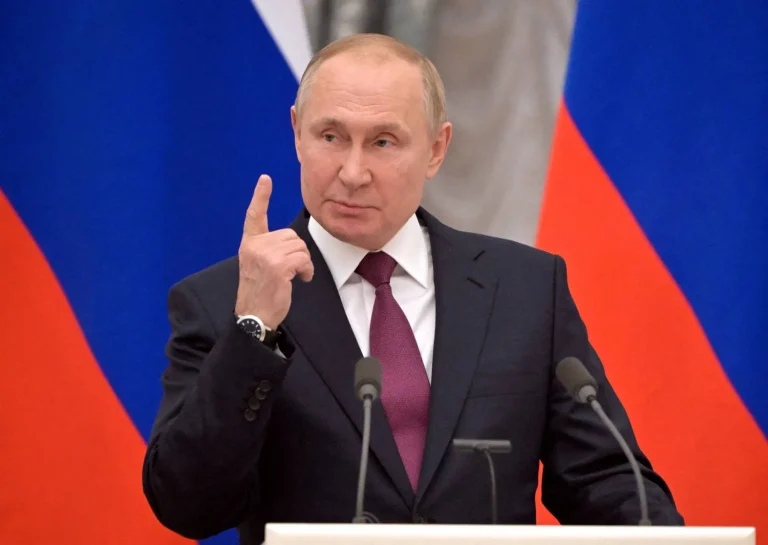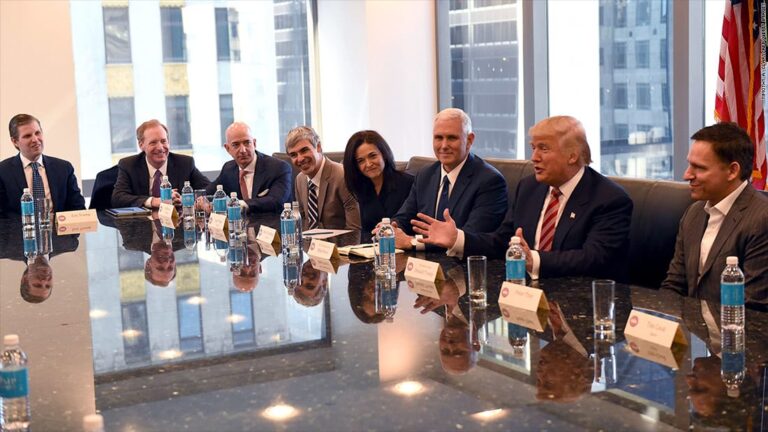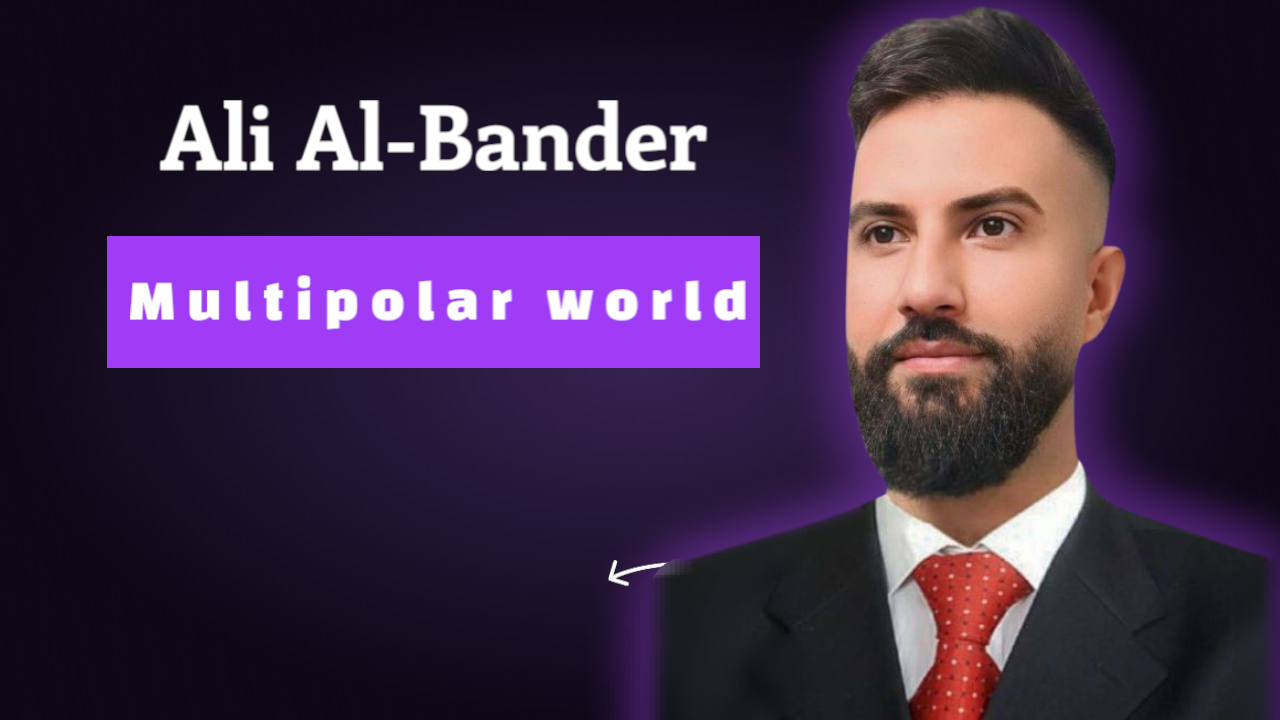
In a notable shift in the international stance toward the Palestinian cause, France, followed closely by the United Kingdom and Canada, announced their intentions to recognize the State of Palestine. This move has been widely perceived not only as political support for the Palestinian people but also as an indicator of deeper transformations in the current global order, which is undergoing a reshaping of power balances toward a multipolar world, with Russia and China redrawing the map of alliances.
Recognition of Palestine: A Political Move or Strategic Shift?
Major Western powers have long hesitated to officially recognize the State of Palestine, preferring to support the “two-state solution” in theory without taking concrete legal action. However, the dramatic developments in Gaza and the West Bank, along with the glaring exposure of the double standards adopted by Europe and the United States in dealing with international conflicts—especially when comparing the stance on the war in Ukraine to that on Palestine—have contributed to changing this reality.
This recognition follows similar decisions by smaller European nations such as Ireland and Spain. Meanwhile, diplomatic reports indicate growing political and popular pressure within the European Union, pushing toward more balanced positions on the Israeli-Palestinian conflict.
A Multipolar World: Russia and China at the Center
Western recognition of Palestine may initially appear as a diplomatic victory for justice, but it also reflects growing strategic anxiety within Europe about its declining influence in the Middle East in favor of Moscow and Beijing. While the West treats Ukraine as a moral and humanitarian issue, it has ignored the Palestinian tragedy for decades. In response, Arab countries—especially those rich in oil and gas—have begun reassessing their geopolitical options.
Saudi Arabia, the UAE, and Qatar are increasingly diversifying their economic and military partnerships with China and Russia and expanding cooperation within the BRICS group. This indicates a growing trend of detachment from historical Western dependency, placing Europe before a tough choice: either recalibrate its foreign policies on more consistent ethical grounds, or risk losing the Middle East as a strategic player to rising powers.
Double Standards: The Core of the West’s Moral Crisis










One of the most glaring revelations of the war on Gaza is the depth of Western double standards. Supporting Ukrainian resistance against Russia is framed as a “legitimate right,” while support for Palestinian resistance is criminalized. Russian attacks on civilian infrastructure are widely condemned, while Israeli strikes on hospitals and refugee camps are justified as “self-defense.” This contradiction does not go unnoticed by global publics and nations, which are increasingly questioning the credibility of the Western discourse on “values.”
Is the Region Turning Eastward?
European fears of losing influence in the Middle East to China and Russia are not exaggerated. Gulf states, long linked to the West through deep-rooted partnerships, now view Beijing as a stable economic partner that does not impose political conditions, and Moscow as a reliable security player in regional balances.
If Western policies continue to turn a blind eye to the rights of peoples outside Europe—especially in Palestine—then the region’s shift under the umbrella of the “New East” will not merely be a possibility, but an inevitable transformation.
In Conclusion:
The recognition of Palestine by France, the UK, and Canada is not only a belated political correction but also a clear signal that the old unipolar world order is nearing its end. With the rise of powers like China and Russia and declining trust in Western nations as moral authorities, we are witnessing the dawn of a new world—one with multiple centers of influence, where alliances are redefined based on mutual interests and respect, rather than the legacy of colonial power.

